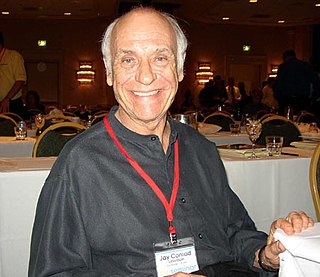A Quote by William S. Burroughs
The junk merchant doesn't sell his product to the consumer, he sells the consumer to his product. He does not improve and simplify his merchandise. He degrades and simplifies the client.
Related Quotes
The great danger to the consumer is the monopoly -whether private or governmental. His most effective protection is free competition at home and free trade throughout the world. The consumer is protected from being exploited by one seller by the existence of another seller from whom he can buy and who is eager to sell to him. Alternative sources of supply protect the consumer far more effectively than all the Ralph Naders of the world.
The only leverage the manufacturer can apply to the retailer is his relationship with the consumer. And the main element in profit growth is going to have to lie in making his brand more valuable to the retailer, through its being more valuable to the consumer. And that means his brand must be unique, it must have no adequate direct substitutes - because it is in this, after all, that value lies.
Consumer Christianity is now normative. The consumer Christian is one who utilizes the grace of God for forgiveness and the services of the church for special occasions, but does not give his or her life and innermost thoughts, feelings, and intentions over to the kingdom of the heavens. Such Christians are not inwardly transformed and not committed to it.



































